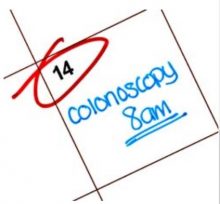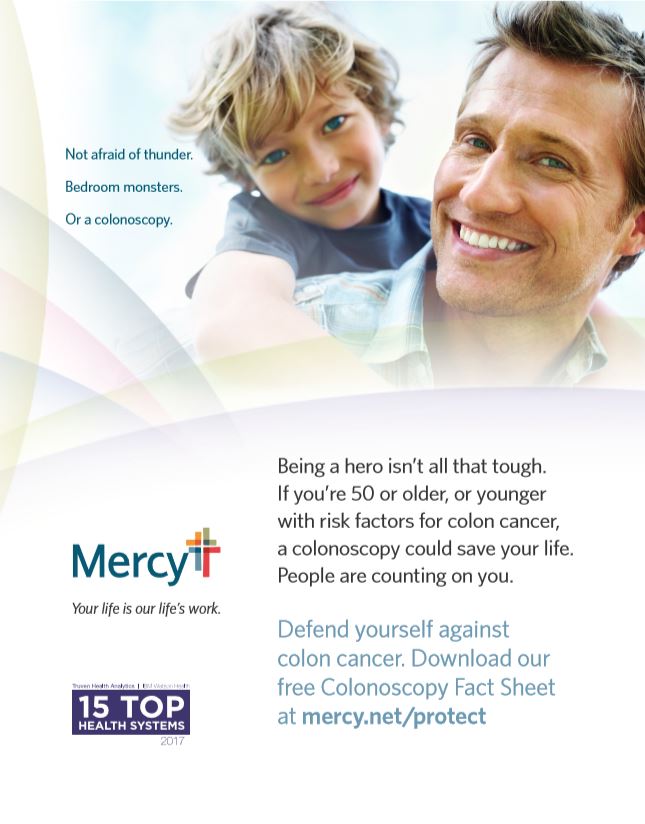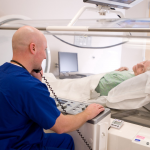Mamas, we know the thought of having a colonoscopy isn’t high on your list. But as parents, we do lots of things that we don’t necessarily want to do but we do them anyway because we know they’re important. It’s time we put “get a colonoscopy” into that “not fun but important to do” category.
 March is Colorectal Cancer Awareness month, so it’s a good time for all of us to remember that colon cancer can be cured when it’s caught early, and that’s exactly why colonoscopies are now seen as life-saving tests.
March is Colorectal Cancer Awareness month, so it’s a good time for all of us to remember that colon cancer can be cured when it’s caught early, and that’s exactly why colonoscopies are now seen as life-saving tests.
Here are a few of the most important things to know about colonoscopies:
- The people who are scared of having a colonoscopy are the people who have never had one. Ask anyone who has actually had a colonoscopy and he or she will probably tell you that, although the day before the test (or the “prep” for a colonoscopy) can be unpleasant, the procedure itself is no big deal. (My mother had one last year and she was asleep the whole time.)
- During the actual procedure, physicians are looking for “colon polyps” because they can sometimes turn into cancerous tumors. When colon cancer is detected early, it’s much easier to treat.
- If you are age 50 or older, you should have a colonoscopy.
- If you have a family history of colon cancer, you should have this test done BEFORE you’re 50 and you may need tests every few years, depending on what your doctor advises.
- Colon cancer can be hereditary. If you have a family history, talk to your doctor about genetic counseling and possible tests you could do to help determine your risk.
- There are other types of screenings for colon cancer, although colonoscopies are the most common. The other types of screenings include stool tests, sigmoidoscopy and virtual colonoscopy (or CT scan). Talk to your doctor for advice on which type of test is the best one for you.
- Most insurance companies are now required to cover colorectal cancer screenings, usually with no out-of-pocket costs.

For more info about colonoscopy, click here to see a Mercy fact sheet about the test.
Click HERE for a Doc Talk video with Dr. Chad Wigington about risk factors for colon cancer.
To schedule an appointment with a physician at Mercy’s Gastroenterology Clinic, call 479-338-3030 or visit the Mercy website by clicking here. The clinic located on Rife Medical Lane in Rogers, just off Interstate 540






